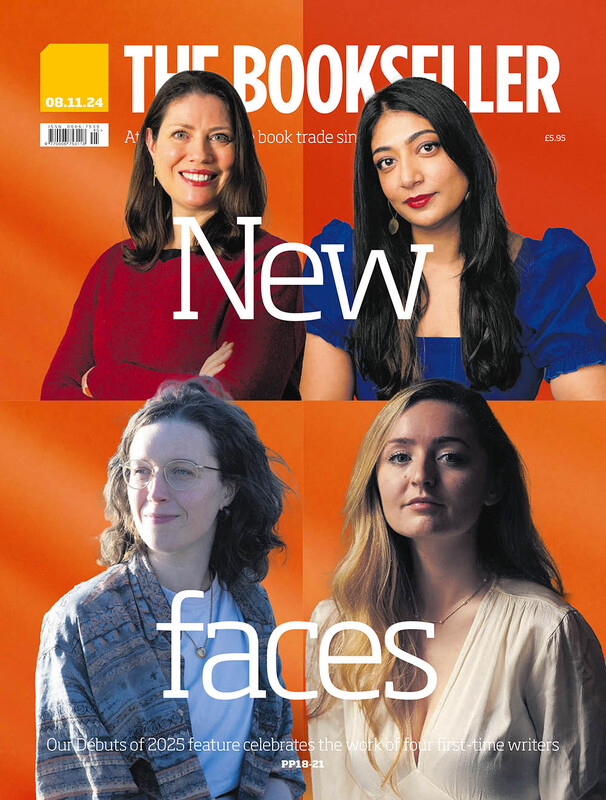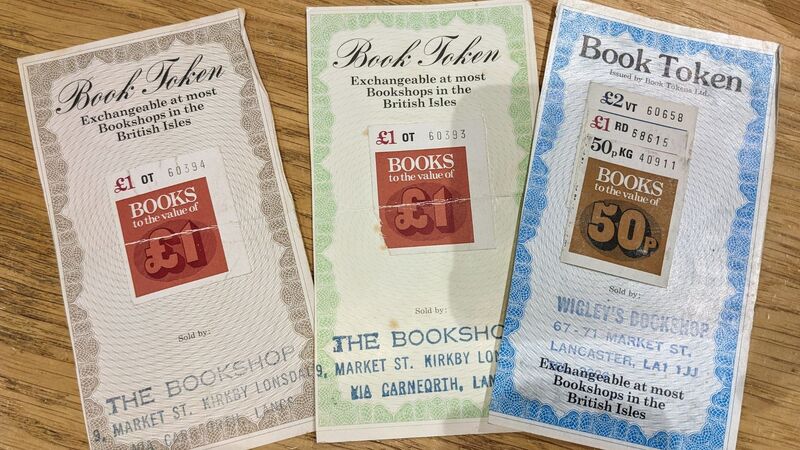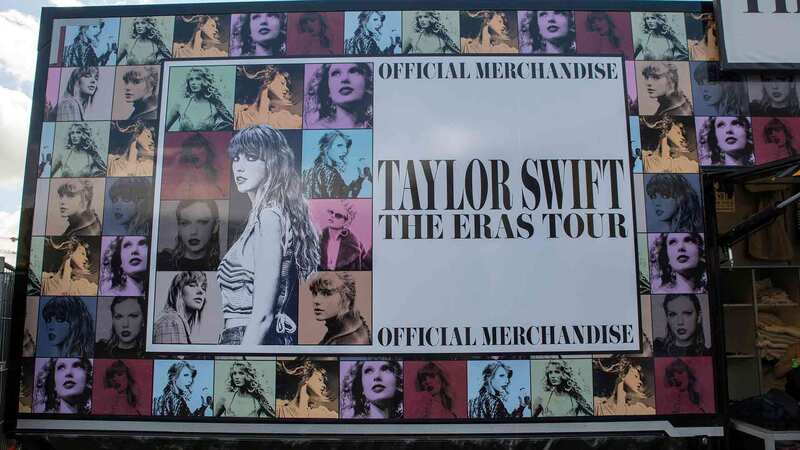You are viewing your 1 free article this month. Login to read more articles.
Category error
Retail categories used for neurodivergent authors are limiting their scope.
Having my debut novel, These Mortal Bodies, listed on retail websites was an incredibly exciting moment for me as an emerging author. Getting to do a cover reveal and having pre-orders open was one of the things I had dreamed about, and when the day came it was lovely – I received loads of support and excitement from within and outside my writing community. The one thing that was hard to deal with was seeing the book listed under the category "autism spectrum disorder" on Amazon.
In a day that I’d worked so hard for, full of positivity and loveliness, seeing this outdated terminology made my stomach drop. Ivy, the main character of These Mortal Bodies, is autistic. I’m really proud of having a neurodivergent main character and, of course, I want neurodivergent readers like myself to be able to discover the book. But autism is not a disorder; it’s a neurotype.
Many problems encountered by autistic people and other neurodivergent people are created or worsened by the world that we live in. If our society was more understanding and there was less ableism and more adjustments, many things that are difficult for autistic people would be greatly improved. Categorising stories by neurodivergent writers with neurodivergent characters using stigmatising language is actually a part of this issue; it serves to reinforce a society where autistic people are seen as the problem, rather than their problems being linked to a neurotypical world.
Obviously, retailers like Amazon – and to some extent all places that sell books, including independent bookshops – rely on categorisation to help direct readers to what they like and are interested in. Bigger retailers like Amazon tend to have the most hyper-specific categories but data for many markets, including most European ones, is managed by EdItEUR through a standard called Thema. EDItEUR are the trade standards body for different aspects of the global book trade; they aim to revise the Thema scheme every two years, drawing from ideas and advice from different national working groups (in the UK this is BIC or Book Industry Communication), as well as individual authors and publishers.
Language has power, particularly when naming things, and there’s a high level of responsibility when categorising other’s work, particularly when it links to identity
Although I understand the need for readers to find books they like – perhaps especially for readers who rarely get to read characters who share certain aspects of their identity – I also worry about readers having to encounter the same harmful language I did. And perhaps even turning away from books they think might use outdated language, thus effecting sales. Polly Atkin, author of Some of Us Just Fall and The Company of Owls, says “One of my books is listed under ‘living with disabilities and ‘people with disabilities’ which isn’t the language I would choose myself”, preferring identity-led language like "disabled writers". She also worries that there is a wider issue of books’ complexity being overlooked if they are pushed into categories that limit their scope or misunderstand them: “Most books are not just about one or a couple of things.”
I was very lucky to be able to immediately raise the issue with language with my hugely supportive agent, Caro Clarke, and editor, Judith Long, who in turn raised the issue with the Society of Authors and Amazon, but obviously there needs to be wider structural change, too.
Anna Ganley, chief executive of the Society of Authors,says: “We would love to see more publishers using the Thema DEI ‘qualifiers’ to help booksellers, educators and search engines identify books in the area of Diversity, Equity and Inclusion. We encourage publishers and authors to contact EDItEUR or the BIC Thema national committee with suggestions for more inclusive terms, so that the scheme can be updated from using outdated medical terminology which is no longer appropriate.”
In an industry where it’s increasingly difficult to be a writer and low wages are common, it would be great if large retailers like Amazon could be more proactive in ensuring their language doesn’t stigmatise and alienate marginalised readers and writers – particularly as Amazon creates its own names for categories after receiving initial data from publishers. In my case, Amazon agreed to investigate, which is a positive step as I’m excited about connecting with neurodivergent readers, but don’t want my work to be associated with a label that is offensive and inaccurate.
There have also been changes off the back of author input before, notably Penny Batchelor and Victoria Scott’s campaign to get a "disability fiction" category added to Amazon. Batchelor and Scott’s ultimately successful campaign shows that there can be problems in categories that are missing too. Ganley also stresses that the Society of Authors is there to support authors: “Authors can always contact the SoA about any categories they spot which seem inappropriate and we advise on how to submit proposals.”
Words are important – that’s why I’m a writer after all – and marginalised writers are having their work misdescribed or sometimes miscategorised in ways that are less likely to happen to writers whose identities are considered mainstream. Instead of serving to further marginalise neurodivergent and other underrepresented writers, categorisation could – used in the right way – bring new readers to their work, as has hopefully been the case with the new "disability fiction" category.
Language has power, particularly when naming things, and there’s a high level of responsibility when categorising other’s work, particularly when it links to identity. The way forward will require willpower from different players in the literary world to be specific in the language and codes they use – but I hope that the bigger players can be proactive and educate themselves about current terminology, as well as show a willingness to engage with marginalised communities when they raise issues. It might seem like it’s just data but if they do, the benefits to writers and readers could be enormous.


















